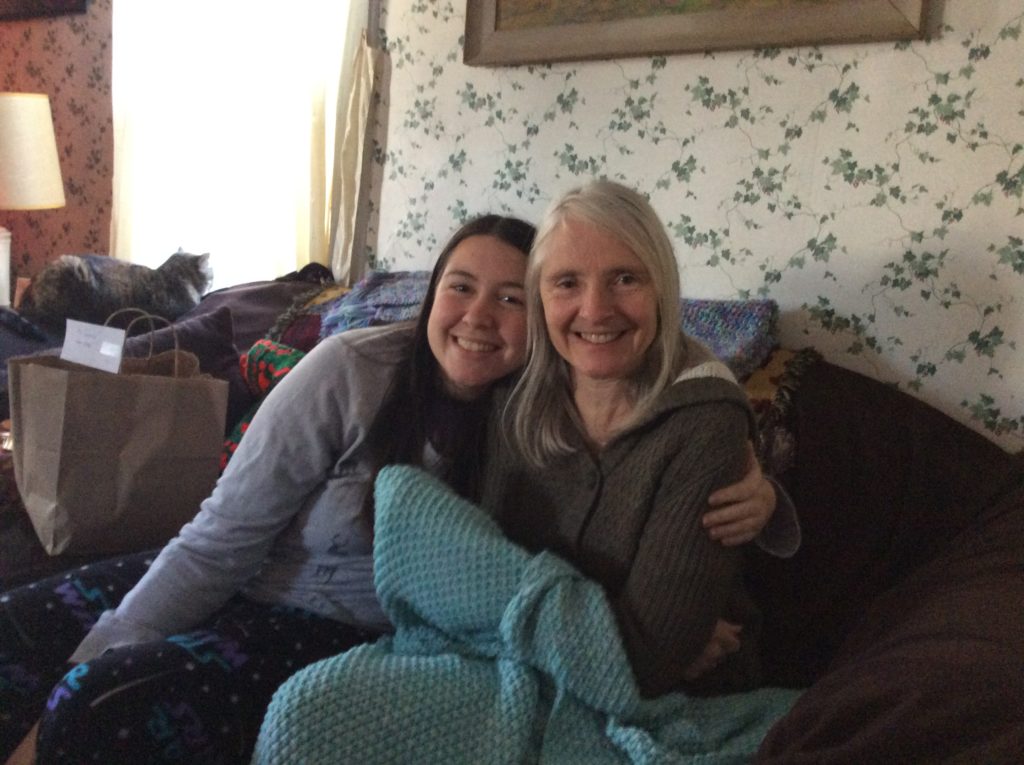Cindy and I are doing OK for our situation. The long break in between posts is due to a shrinkage in coverage, which is about to shrink further, not because of something gone wrong. I get messages from people worrying about that when I don’t post for awhile. Just assume that no news is good news, except for the fact that more coverage would be better news.
As I document the myriad of experiences and feelings attendant to being a caregiver for a loved one with dementia, I look back and see my writings could be at times misleading. In fact, I know they are when a close relative sends me a message wondering if I should spend a little more time grieving now rather than wait until later. This and other comments suggests I paint a picture of being stoic or heroic in my caregiver duties, when neither is really the case. No doubt there are many stoic and heroic caregivers out there; no doubt they are the ones that are six times at risk for getting dementia as well. I’m not one of them. The distinction lies in understanding the grieving process.
A series of my blog posts details the five stages of grief in the Kubler-Ross model. It’s a model; there may be a better model out there or yet to be discovered; the best model may differ for people and their situations. Yet the idea that grieving is a process to be worked through towards the final stage of acceptance remains universally true.
I was able to blog about all five stages because I arrived at the final stage of acceptance long ago. This makes all the difference for whether my caregiver duties are stoic or not, whether they are unhealthy or not. I can’t imagine being content with my daily chores if immersed in any stage of grief except acceptance.
Unfortunately, as much as I want this blog to help others facing either caregiver or brain health issues, I have no sage advice, no magic ingredient, no “special sauce” for arriving at acceptance in the grieving process. Once again, I suspect the necessary process differs for everyone. If you do the things I do without arriving at acceptance then, yes, what you are doing is stoic, maybe even heroic, watching and caring for a loved one deteriorating in front of your eyes. If you are stuck in either denial, anger, bargaining or depression over that inevitability then what you are doing is probably unhealthy and increasing your own risk for dementia. You need to change what you are doing, either by fast tracking towards acceptance or leaving the caregiving to others. I wish I could help you with the former but I can’t.
One of my favorite poems, first read while I was in my twenties, was a bit of Taoist wisdom titled: “When life was full there was no history.” There was no such thing as heroes in this time where people were naturally altruistic, hence, no magnanimous history to record. If you have arrived at acceptance in the grieving process then you are ready to pursue the natural altruism that increases health and happiness, leaving your unhealthy stoic or heroic deeds behind. You are ready to embrace and nurture the joy that still can exist even in this situation. At that point the advice in this blog (particularly to maximize exercise and minimize stress!) could help you in your journey.


Well said Kirk!
Sending love to you and Cindy.
We’re in Texas attending Christophers Medic graduation: )
Plan to be back in CT late March.
Perhaps there will be some pedi cab weather rolling in at that time !
Please hug that beautiful gal for me XOXO
Congrats to you and Chris.